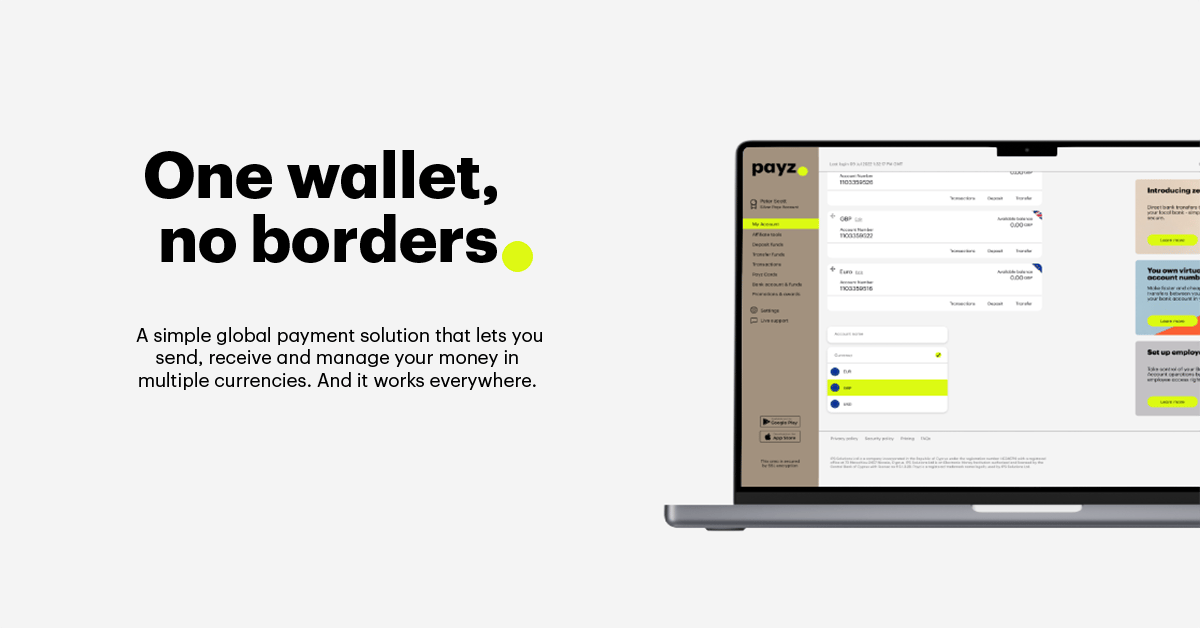- The Brief
- Posts
- In 2025, Consumers Trust Less but Spend More
In 2025, Consumers Trust Less but Spend More
Decode the most important shifts in India's consumer economy with Lightbox
☕🗞️ Good morning! Welcome to The Brief
More than 21,000 jobs in India’s audio electronics sector are now at risk, warns industry body ELCINA, following China’s April export curbs on rare earths like terbium and dysprosium. These elements are essential for NdFeB magnets used in wearables, speakers, EVs and more. India imports nearly 100% of them, with China supplying about 90%. In response, India has initiated government‑to‑government talks with China, seeking industry‑specific exemptions, and is scaling up R&D and local manufacturing.
Before we dive into this week’s newsletter, a quick introduction to who we are.
Lightbox is a Mumbai-born venture capital firm focused on technology-led consumer businesses. Over the past decade we’ve employed a concentrated portfolio construction and deep operational engagement to enable our portfolio companies and limited partners to navigate this market. India is moving steadily towards becoming a $10 trillion economy, driven by rising consumption and digital adoption. We believe we are uniquely positioned to offer a front-row seat to the most important shifts in the country’s consumer markets. If you’re a global capital allocator, family office, UHNI, or strategic investor looking to participate in the India opportunity, this newsletter is for you.
Let’s get into it.
📡 Signals
McKinsey’s State of the Consumer Report: 2025
It’s been just over five years since the pandemic upended daily life—reshaping how we live, work, shop, and move. While Covid-19 itself has receded, the ripple effects on consumer behavior continue to play out in full force.
According to McKinsey’s State of the Consumer 2025, two trends will define consumer dynamics over the next half-decade:
Persistent spending despite muted sentiment: Consumer confidence remains below pre-2020 levels, yet expenditure continues.
Complex trade-off behaviors: Consumers are “trading down” on essentials while selectively splurging—a pattern that challenges conventional demand forecasting.
These enduring behavioral changes are particularly pronounced in major global markets.
Consumers remain digitally anchored: Digital engagement and at-home lifestyles have become central to consumer behavior across the globe, with over 90% of U.S. and Chinese respondents shopping at online-only retailers, and food delivery’s share of global food service soaring from 9% in 2019 to 21% by 2024.
Meanwhile, in India, ultra-fast delivery has expanded beyond groceries into food, apparel, and medicine—platforms now promise to deliver ready meals, fashion essentials, and urgent meds in under ten minutes. Together, these shifts have reset baseline consumer expectations: speed, reliability, cost efficiency, and seamless returns are now table stakes in digital retail.
Digital channels have reach, but limited trust: Social media ranks lowest among trust channels for purchase decisions, trailing behind online reviews, traditional media, and expert endorsements. Instead, word-of-mouth prevails. Roughly half of the Indian consumers surveyed say they research products on social media before making purchases, highlighting the resurgence of influential voices, product reviews, and ratings that shape messaging.
Local preferences gain traction: The proliferation of homegrown D2C brands, and the rising interest of established FMCGs in them, validate that consumer preferences are gradually shifting towards local. This is reflective of global trends as well. 42% of Europeans report a declining view of American brands since early 2025.
Gen-Z remains financially cautious yet indulgent: Despite financial insecurity, half of the younger cohort surveyed reported limited monthly cash flow but continued spending. Notably, one-quarter are leveraging buy-now-pay-later solutions, particularly in markets like China (40%), India (38%), and the UAE (36%)
In this edition, we unpack
The next set of opportunities for investors in platforms building vertically to serve consumers through jiffy 10-minute deliveries across food, apparel, electronics, medicines, and more.
Lightbox portfolio’s brand-building efforts to forge authentic relationships with potential consumers through community building across digital channels.
Why Indian brands are having a moment abroad and what they can do to scale successfully abroad.
What increasing adoption of buy now pay later schemes signal about buyer sentiment.
📰 Headlines
Mobility in Spotlight, Steady Wins for E-commerce

Credits: pazy.com
Business-payments platform Pazy raises ₹6 Cr led by Inuka Capital
Pazy, a Bengaluru-based integrated business payments platform for finance teams, has raised ₹6 crore (about USD 720,000) in a pre-seed funding round led by Inuka Capital, with participation from Gemba Capital. Founded in 2023 by Pratik Chhajed and Devyanshu Shukla, Pazy helps businesses manage non-payroll payments—vendor payouts, reimbursements, and tax-related transactions—on a unified platform. The funds will be used to enhance product capabilities, deepen ecosystem integrations, and scale the platform to ₹10,000 crore in annual spending under management within the next year.
E-commerce enabler GoKwik raises $13M led by RTP Global
Delhi-based e-commerce enabler GoKwik has raised USD 13 million (around ₹111 crore) in a round led by existing investor RTP Global. Z47, Peak XV Partners, and Think Investments also participated. The capital infusion will be used to support its international expansion and fast-track development of its AI-first commerce stack.
B2B textiles player Fantail raises ₹13.75 Cr
Surat-based Fantail has raised ₹13.75 crore (USD 1.6 million) in a seed round co-led by Riverwalk Holdings, Incubate Fund Asia, and All In Capital. The capital will go toward upgrading machinery at partner weavers, mills, and processors, streamlining operations, and expanding the team.
EV ride-hailing startup Evera raises $4M from Mufin Green Finance
New Delhi-based Evera Cabs has secured USD 4 million in a hybrid structure of convertible debentures and debt from Mufin Green Finance. The funding will help expand its electric vehicle fleet and boost operational capacity. Evera recently acquired BluSmart’s fleet, strengthening its carbon reduction value for corporate clients.
We would love to hear from you. Please reply to this email with your thoughts, suggestions, or just to say hello. If you would like to share this newsletter with colleagues, associates and friends in the ecosystem, point them to the Subscribe button below.